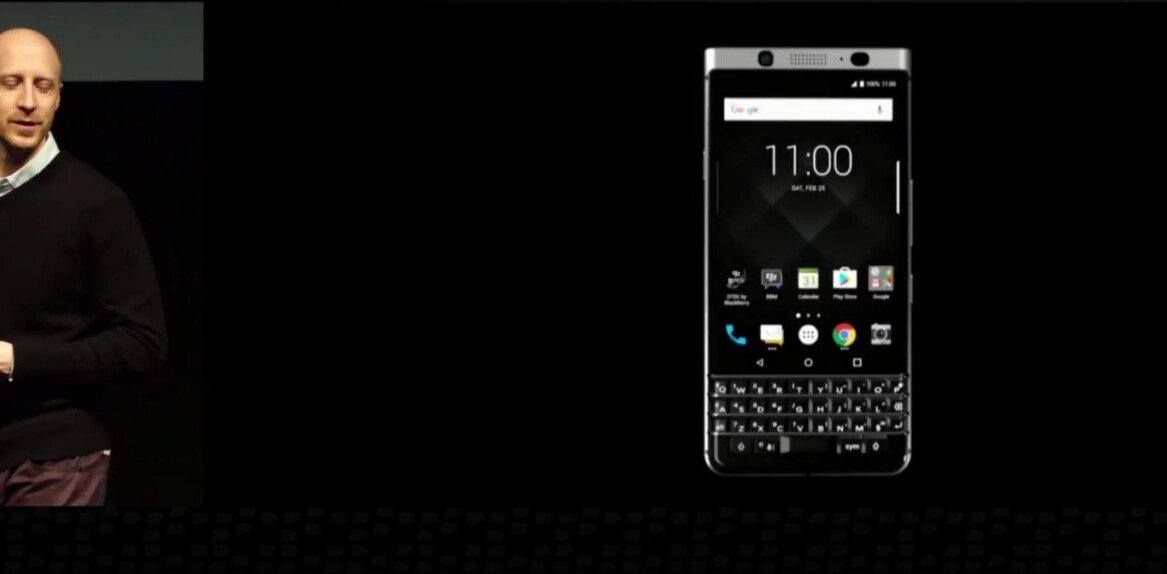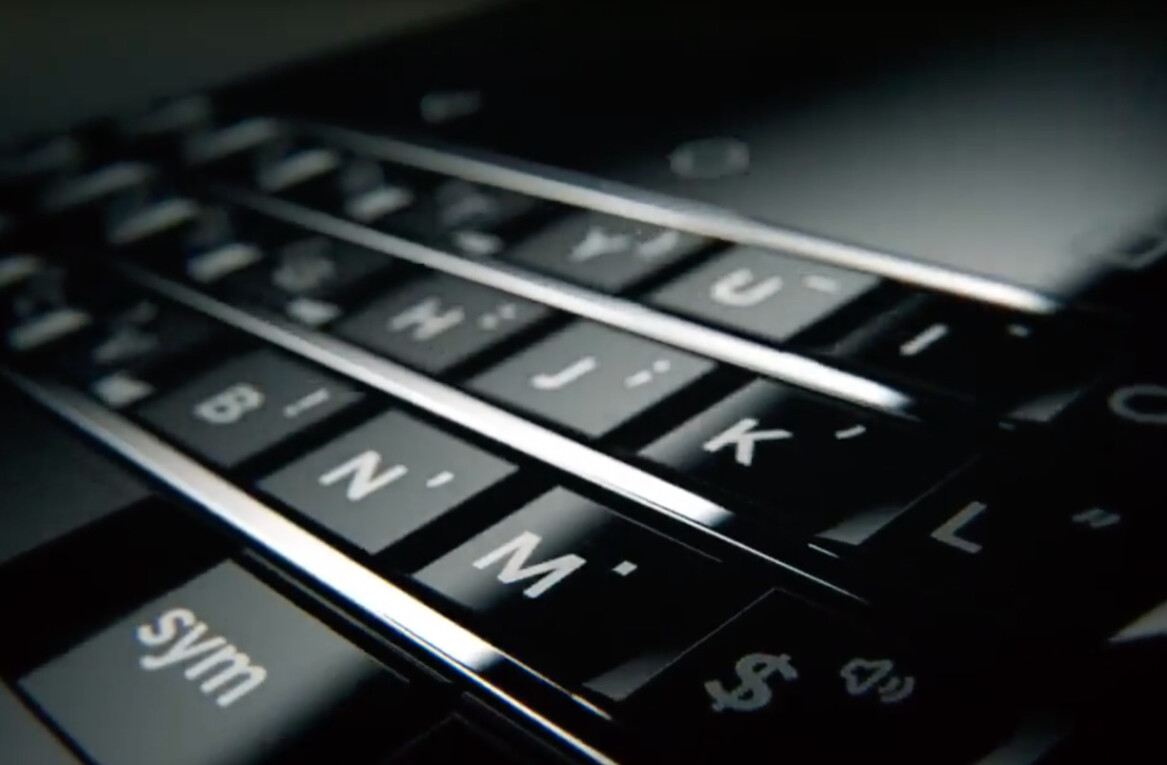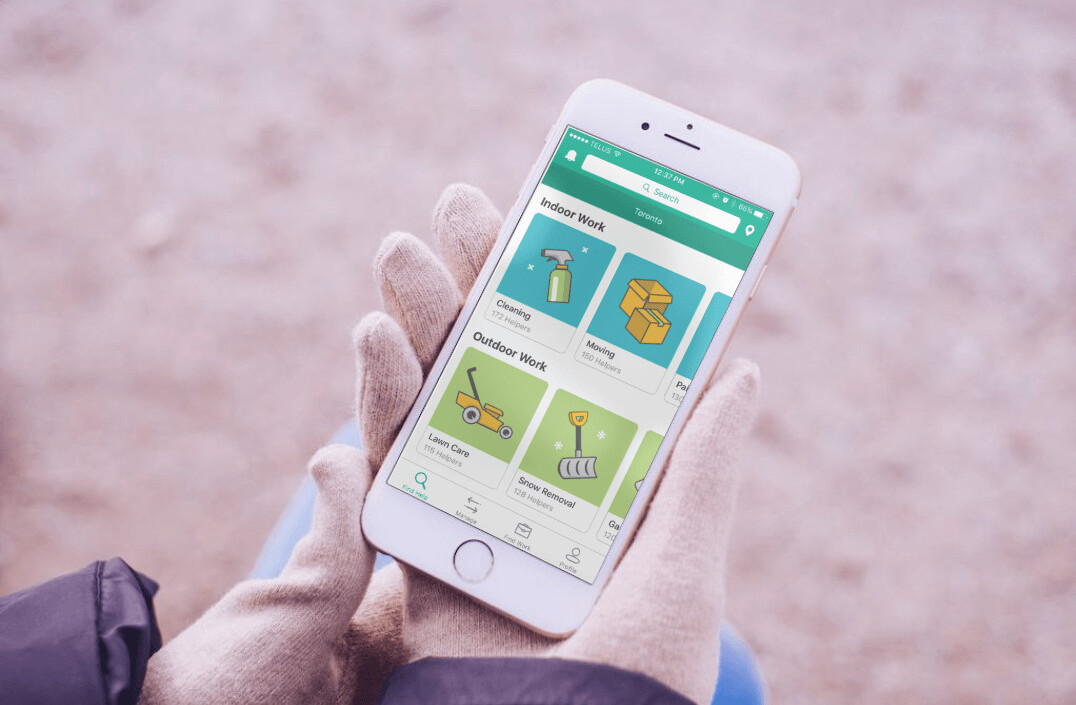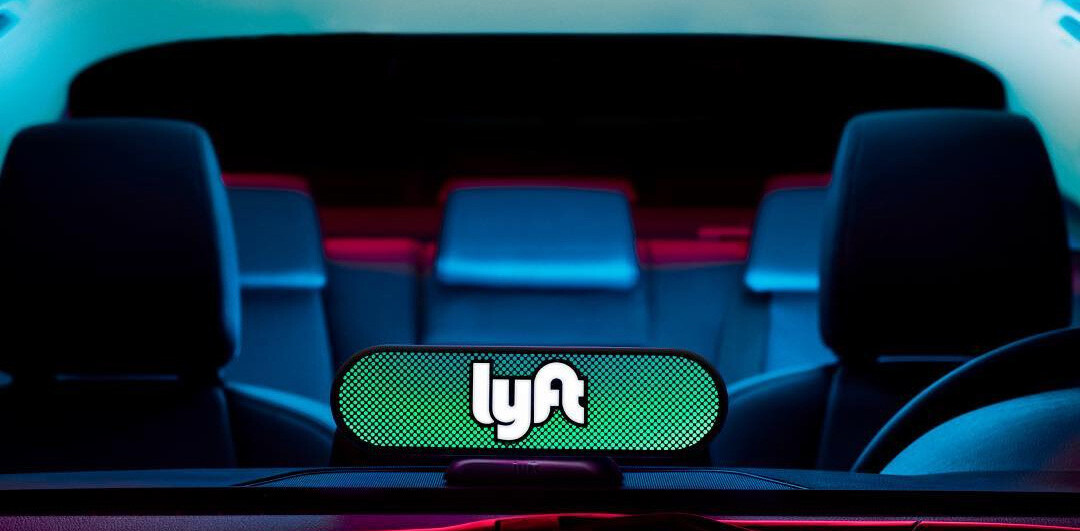
 Canadians will soon have a quicker way to make purchases through the use of contactless payment cards that will enable customers to tap-to-purchase their items at the check-out instead of punching in pin numbers the traditional way.
Canadians will soon have a quicker way to make purchases through the use of contactless payment cards that will enable customers to tap-to-purchase their items at the check-out instead of punching in pin numbers the traditional way.
The Interac Association, a not-for-profit organization that gives Canadians automated banking and point-of-sale debit purchases, is introducing Flash Cards that will use RF smart card technology and will bring customers a speedier experience at the check out. The first two Canadian banks to get on board with these new generation of cards were Royal Bank of Canada and Scotiabank.
Caroline Hubberstey, Interac’s Director of Public Affairs told us earlier today that Flash Cards will be a convenient enhancement to the current Interac debit cards and that they were designed with security in mind.
We asked Hubberstey what type of security measures Interac had taken with Flash Cards, and aside from telling us that the technology was designed with security in mind, she said Interac will allow Canadians to put limits on their Flash Card purchases. As an example, if a customer put a $50 limit on Flash Card purchases, after the amount was exceeded the customer would be prompted to enter in the pin number and password before making another quick-purchase.
Hubberstey mentioned that the new cards have sparked a lot of excitement from the merchant community who can use this technology to speed up wait times, not to mention the fact that there’s billions of dollars in cash payments that are up for grabs.
“..statistics showing that an estimated $90 billion in cash payments are for purchases under $20.” -Interac Press Release.
In 2009, Interac processed $171 billion in debit payments and says that 68 percent of all electronic transactions in Canada are done using its cards.
The Royal Bank of Canada
We reached out to The Royal Bank of Canada today to hear its thoughts on this new technology, since it’s currently one of two banks that will be launching the Flash Cards this summer. Doug Collins, Head of Payments & Bank Services for RBC told us the following via email:
Why RBC is adding this technology?
There are a great deal of cash payments still being made. A lot of the small ticket [cash] transactions are typically the kinds of transactions that can be migrated to a debit solution. So with the introduction of the chip, we can put new technology on debit cards that can drive more debit payments. Canadians are very good at adopting technology— we have the second highest rate of debit card usage in the world. This will allow for faster transactions that are simpler to process.
How clients will use it and how it will benefit them?
We will replace existing debit cards with new cards with the contactless debit card chip. That will allow debit cards that are PIN-based as well as enabling contactless payments. Consumers will also make the choice as to what the appropriate limits are, and those limits will be included on the chip. As directed by the client, we can set those limits up for a certain dollar amount. For example, everything over $20 could trigger a PIN request; or the limit could be set for a certain number of transactions—at the 20th transaction, for example, the consumer has to enter a PIN.
How does this fit into RBC’s overall mobile payment strategy?
Our current mobile app includes services such as balance inquiries, transaction histories and transfers, so there is an opportunity to use Interac to make mobile payments. We’re always looking for ways to make banking more convenient for our clients. We’ll continue to assess how our clients are using our contactless technology and move forward from there.
RFID vs Contactless Cards
Canadians may be early adopters to new technology although it might take some to convince consumers that Flash Cards are safe, even though the contactless cards are a bit different from RFID (radio frequency identification). The contactless cards will only work if the user is within 4-inches of the payment system, protecting the consumer from possible hacks at a longer proximity.
Image Courtesy of Frost.com
Still, there are many sceptics that say these quick-payment methods are ripe for hacking, an issue so sensitive Discovery Channel refused to talk about it on one of its shows. As the video below highlights, The Discovery Channel wouldn’t allow MythBusters, the science-based show to explore possible hacks to RFID technology in fear that it would affect advertiser revenue. Contactless cards have already been rolled out across the United States and Europe.
Get the TNW newsletter
Get the most important tech news in your inbox each week.






